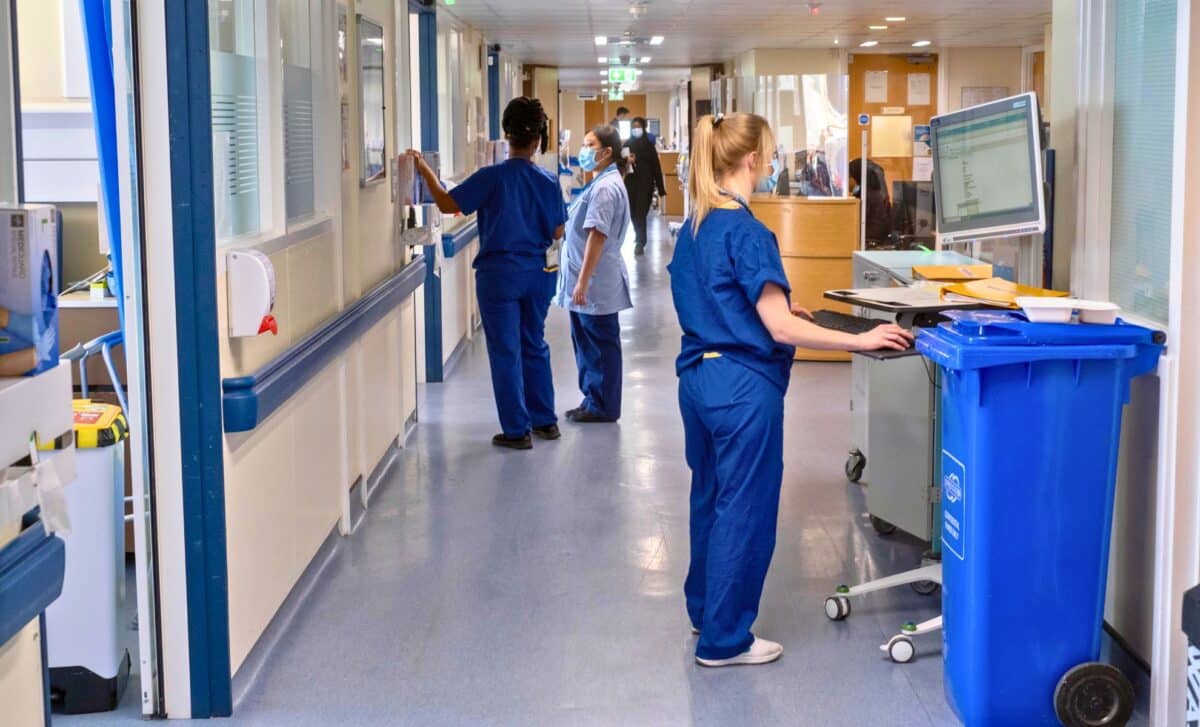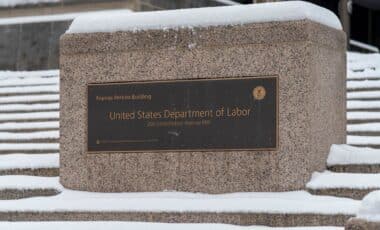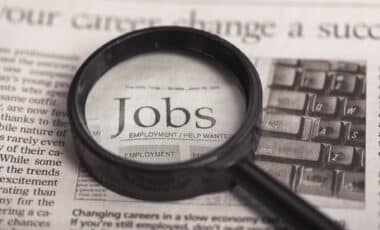Junior doctors in Scotland have agreed to an 11% pay rise, celebrated by the Scottish Government as progress in valuing healthcare professionals. Yet, behind the agreement lies a pressing demand for deeper reform, with doctors cautioning that the deal is only a step toward addressing historical pay erosion and workforce issues.
Technical Details of the Pay Rise
The pay increase, worth £64.1 million, is structured to impact junior doctors and dentists in training as follows:
- Phase 1: 8.5% rise backdated to April 2024.
- Phase 2: 2.3% additional increase starting October 1.
This cumulative 11% increase translates into annual salary rises between £3,418 and £7,088, depending on the career stage of the medical trainee.
In a vote organized by BMA Scotland, the deal was overwhelmingly approved:
- 98.2% of respondents supported the offer.
- 61.4% voter turnout among eligible junior doctors.
Mixed Reactions From Medical Leaders
While Health Secretary Neil Gray praised the agreement as a testament to the government’s commitment to supporting junior doctors, representatives from the BMA Scotland Resident Doctor Committee struck a more cautious tone. Dr. Chris Smith, committee chair, warned that this deal does not constitute full pay restoration.
Smith highlighted that junior doctors are “only halfway” to reversing what he described as “historic pay erosion.” While negotiations over the past two years have been constructive, he issued a stark warning against government complacency, stating that failure to continue progress could lead to a breakdown in trust.
The Broader Struggle for Fair Pay
This latest agreement builds on a framework deal initiated in 2023-24, but doctors remain adamant that their demands for full pay restoration are non-negotiable. Smith emphasized that the NHS workforce cannot afford to lose momentum in rectifying longstanding issues that have driven staff shortages and low morale.
The warning is clear: while the pay rise is welcome, it is seen as a stepping stone rather than a resolution. Doctors have made it clear that any stalling or regression in negotiations will be met with firm opposition, potentially reigniting industrial action that could disrupt Scotland’s health services.
The 11% pay rise is a temporary reprieve, but is not a solution to the underlying tensions. Whether this agreement becomes the basis for lasting reform, or merely a temporary reprieve, depends on the Scottish Government‘s ability to keep up the momentum in responding to the demands made by the medical profession.









